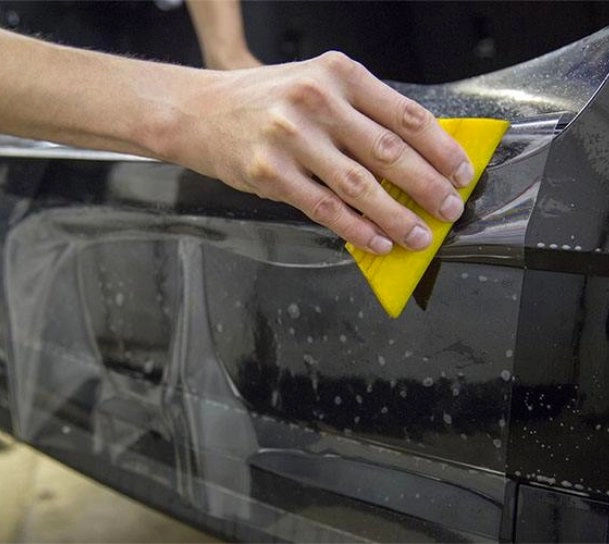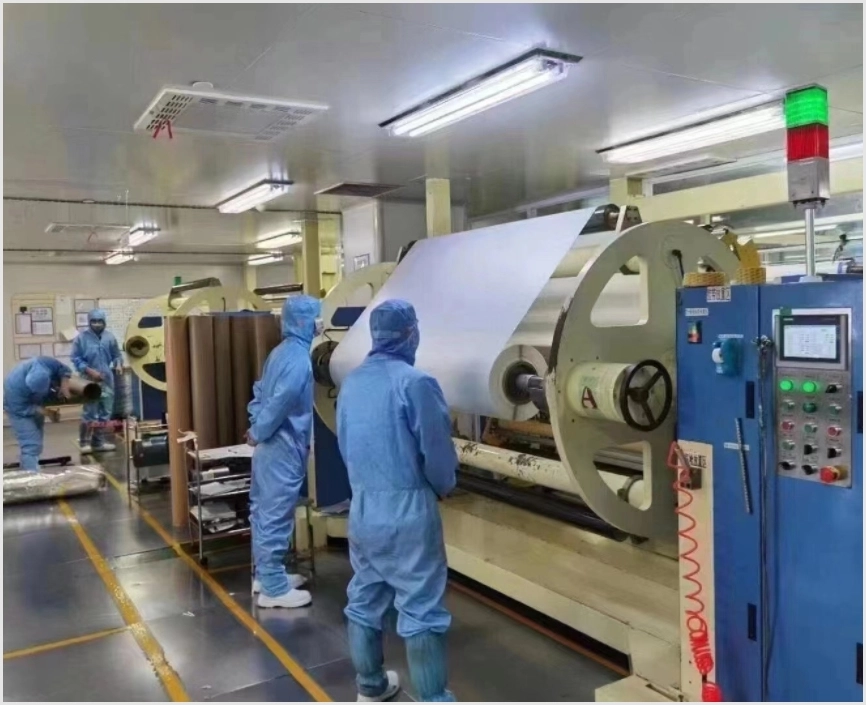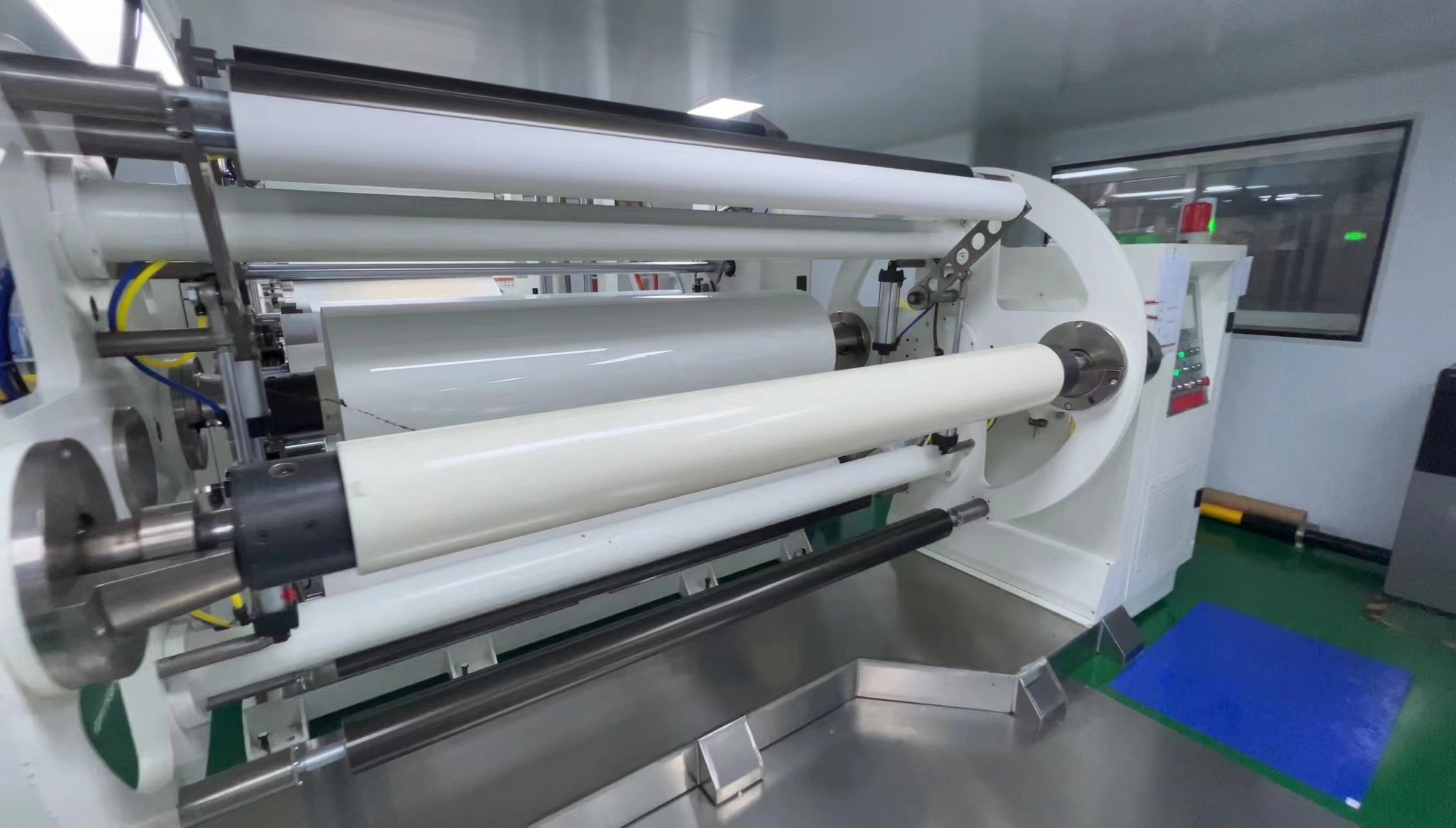Introduction
Welcome to the Ultimate Guide to Home Window Tinting: Energy Efficiency, Privacy & Style. If you’re thinking about getting your home’s windows tinted, you’re making a wise choice. Home window tinting involves applying a thin film to the inside of your windows. This film has many benefits—it helps control heat, reduces glare, blocks harmful UV rays, and improves the look of your home.
Residential window tinting offers a variety of advantages:
- Energy Savings: By regulating indoor temperatures, window tints reduce the need for heating and cooling.
- Glare Reduction: Enjoy natural light without the discomfort of intense glare on screens and surfaces.
- UV Protection: Block out up to 99% of harmful UV rays that can fade furniture and damage skin.
- Better Insulation: Additional insulation helps keep indoor temperatures consistent throughout the year.
There are different types of window film available for homes, each designed to serve specific purposes:
- Solar control films for maximum energy efficiency
- Decorative films for style and privacy
- Security films for added protection
It’s important to understand these options so you can choose the right window tint for your home. For example, if you want to improve energy efficiency, KSB’s high-quality nano ceramic films would be a great choice. On the other hand, if you’re looking to add a unique touch, check out their Sunset Red & Royal Purple Chameleon Window Film which offers a unique automotive styling experience. And if protecting your interiors is a priority, consider PPF (Paint Protection Film) that provides durability against scratches and is easy to install.
Each of these options can significantly enhance the benefits of home window tinting, whether it’s through energy efficiency, style, or protection. So let’s dive into the details and explore how you can transform your home with the right window tinting solution.
1. Understanding the Benefits of Residential Window Tinting
As a homeowner, you’re likely aware that enhancing the appearance of your house is just one of the many advantages of window tinting. What you may not know is that residential window tinting can significantly improve the livability and functionality of your spaces. In this article, we will explore the three main benefits of house window tint: energy efficiency, privacy, and style.
Energy Efficiency
When it comes to saving energy, residential window tinting is a top choice. By applying a thin film to your windows, you can significantly reduce the amount of heat that enters your home during hot weather. This means you’ll rely less on air conditioning, leading to lower energy bills. During winter, window films also help retain interior heat, acting as an additional layer of insulation. As a result, you can enjoy a comfortable home environment all year round while consuming less energy.
Here are some specific ways in which window tinting contributes to energy efficiency:
- Heat Rejection: Modern window films, such as Nano ceramic films, are designed to block solar heat without blocking natural light. These advanced films use ceramic particles to reflect and absorb infrared radiation.
- UV Protection: Window film blocks up to 99% of harmful UV rays, which are known for causing fading in furnishings and flooring. By reducing UV exposure, you can protect your belongings and avoid expensive replacements.
- Glare Reduction: Say goodbye to annoying glare from direct sunlight! Window tinting helps minimize glare, making it easier for you to watch TV or work on your computer.
Privacy
Privacy is a major concern for many homeowners. The good news is that house window tint offers an effective solution by providing varying levels of privacy without sacrificing natural light.
Here are the different types of window films that can enhance your privacy:
- Frosted or Decorative Films: These elegant films obscure views from the outside while still allowing light to pass through, creating a sense of privacy.
- Reflective Films: If you prefer a more classic tinted look, reflective films act as mirrors during the day, preventing outsiders from seeing inside your home.
- Security Films: In addition to privacy, security films offer another layer of protection. Available in different thicknesses, they can hold shattered glass together upon impact, making it harder for intruders to enter.
Style
Your home is an expression of your personal style, and window tinting provides an opportunity to showcase that creativity through your windows.
Here’s how house window tint can enhance the style of your home:
- Improve Exterior Appearance: Tinted windows create a sleek and uniform look that can elevate the overall design of any home.
- Enhance Interior Design: With a wide range of shades to choose from, window film can complement any interior design theme, giving you more flexibility in decorating.
- Add Unique Touches: Specialty films make it possible to achieve custom effects like stained glass or etched patterns without permanently altering the glass.
Integration with Smart Homes
As technology continues to advance, so does window tinting. Nowadays, there are
Choosing the Perfect Window Film: Factors to Consider
When you think about improving your home with window tinting, choosing the right film is important for getting the results you want. Whether you’re focused on increasing privacy, lowering energy bills, or just adding style, there are several factors to think about. Here’s a closer look at what you should consider when making your decision.
1. Energy Efficiency and Climate Control
One of the main reasons why people use window tinting is because it can help lower energy costs. By getting the right film for your windows, you can keep a more steady temperature in your home and reduce how much work your heating and cooling system has to do.
Types of Films for Energy Efficiency:
- Solar Control Films: These films are great at stopping heat from coming into your house during the summer. They either reflect or absorb sunlight, which helps keep your rooms cooler.
- Low-Emissivity (Low-E) Films: In the colder months, Low-E films are helpful because they can keep heat inside your home. They work like insulation.
2. Privacy Without Losing Natural Light
Another thing to think about when choosing window films is how much privacy you want. You might want a film that blocks people from seeing inside your home but still lets sunlight come through.
Types of Films for Privacy:
- Frosted and Decorative Films: These films make it hard for others to see inside and come in lots of different patterns and textures to make your home look better.
- Reflective Films: With these films, you can see out during the day but it’s harder for people outside to see in because of the mirror-like effect on the glass.
3. Safety and Security
Some window films are thicker than others and can provide extra protection against things like burglaries, accidents, or severe weather conditions.
Benefits of Safety & Security Films:
- Impact Resistance: These films are strong and can hold broken glass pieces together, which helps prevent injuries or break-ins.
- UV Protection: Safety films also block harmful UV rays from the sun, which can damage your skin and fade furniture or flooring over time.
4. Appearance Matters Too
Don’t forget about how the window film looks! The right one can match your home’s style and make it look even better.
Things to Think About for Aesthetics:
- Color and Shade: There are many different shades of window film available, from light to dark. You can choose one that matches your personal style without giving up on its benefits.
- Quality and Clarity: It’s important to pick a high-quality film that doesn’t affect your view outside. You want to be able to see clearly through the windows without any distortion.
5. Longevity and Upkeep
You don’t want to spend money on something that won’t last. That’s why it’s a good idea to consider how durable different films are and how well they can handle things like sunlight exposure.
Types of Films Based on Durability:
- Dye-Based vs. Metalized vs. Ceramic Films: Dye-based films may fade or turn purple over time; metalized films offer better durability but might interfere with electronic devices; ceramic films provide superior performance without these drawbacks.
Ensuring Effectiveness and Longevity: Professional Installation and Proper Maintenance
When it comes to house window tinting, how your window film is installed and maintained can greatly affect how well it works and how long it lasts. To get the most out of your home window tint, it’s important to:
- Ensure that the film you choose is compatible with your existing glass windows.
- Have the film professionally installed for best results.
- Take steps to maintain the film’s performance.
- Understand the warranty requirements for your chosen window film.
Compatibility with Glass Types
Before selecting a window film, make sure it will work well with the type of glass you have. Different types of glass may react differently to certain films, and using an incompatible film can cause problems like broken glass or damaged seals. Consulting with a professional who can recommend the right film for your windows is essential.
Professional Installation
Having your window film installed by a professional is highly recommended, especially if you’re looking for top-notch performance. Professionals have the knowledge and tools to apply the film smoothly and without any issues like bubbles or wrinkles. If you’re interested in innovative solutions such as Nano Ceramic Window Films known for their excellent heat rejection and UV protection, consider getting them from reputable suppliers like Wholesale Nano Ceramic Window Film Supplier from China. Their high-quality tint supply offers unmatched performance and durability that professionals can install effectively.
Optimal Performance
For your window tinting for homes to work as intended, it’s crucial that the film is applied correctly. A professional installer will not only handle the application process but also give you guidance on how to maintain the film for maximum efficiency. They’ll check for any issues like air bubbles, peeling edges, or signs of improper installation that could compromise the film’s effectiveness.
Maintenance
Regular maintenance plays a key role in extending the lifespan of your residential tinting. Here are some tips to help you keep your window films in great condition:
- Clean your tinted windows gently with a soft cloth or sponge, using mild detergent or a cleaning solution made specifically for window films.
- Avoid using harsh chemicals or abrasive tools that could scratch or damage the film.
By following these maintenance steps, you’ll preserve the clarity and quality of your windows tint for house, ensuring they continue to provide energy savings and UV protection.
Warranty Requirements
Last but not least, pay attention to the warranty requirements for your chosen window film. Most films come with a manufacturer’s warranty that covers various defects or issues that may arise. However, these warranties often state that professional installation is necessary for the coverage to be valid. For example, if you’re considering options like NK NANO CERAMIC FILM SERIES, take the time to review their warranty terms. Following these requirements is crucial in protecting your investment.
Window tinting for homes is an investment that pays off in terms of energy efficiency, privacy, and aesthetic appeal. By focusing on compatibility with glass types, getting professional installation, maintaining optimal performance through proper care, and meeting warranty requirements, you can ensure this investment remains effective over time. If durability is especially important due to harsh weather conditions or intense sunlight, products like [Nano Carbon Window Film](https
Conclusion
Choosing to install residential window tinting in your home is a smart decision that addresses the current needs for energy efficiency, privacy, and visual appeal. Whether you want to lower your energy bills, shield your loved ones from harmful UV rays, or enhance the overall look of your property, window tinting for houses offers a versatile solution.
When exploring the various types of films available, such as the innovative SF NANO CERAMIC FILM SERIES offered by KSB Window Film Material Co., you gain access to advantages like exceptional heat rejection and clear visibility. These high-performance films showcase how cutting-edge technology combines with everyday practicality in residential window tinting.
- For individuals who desire a distinctive style statement, investigating products like the CHAMENLEON FILM SERIES can provide an unmatched aesthetic transformation to your living area. These unique automotive styling experience offered by KSB Window Film Material Co.’s chameleon films can truly make a difference.
- Similarly significant is selecting options such as the Nano Carbon Film for those who prioritize top-quality performance at a competitive price. The low-price Chinese window films offered by KSB Window Film Material Co. are known for their great quality and superior heat rejection and optical clarity. They are an excellent choice for high volume tint shops looking for premium-grade performance with affordable pricing.
As you contemplate incorporating house window tint into your home improvement plans, remember that it’s not only about immediate advantages. It’s an investment in the comfort, protection, and style of your living space—a wise choice that yields long-term benefits.









